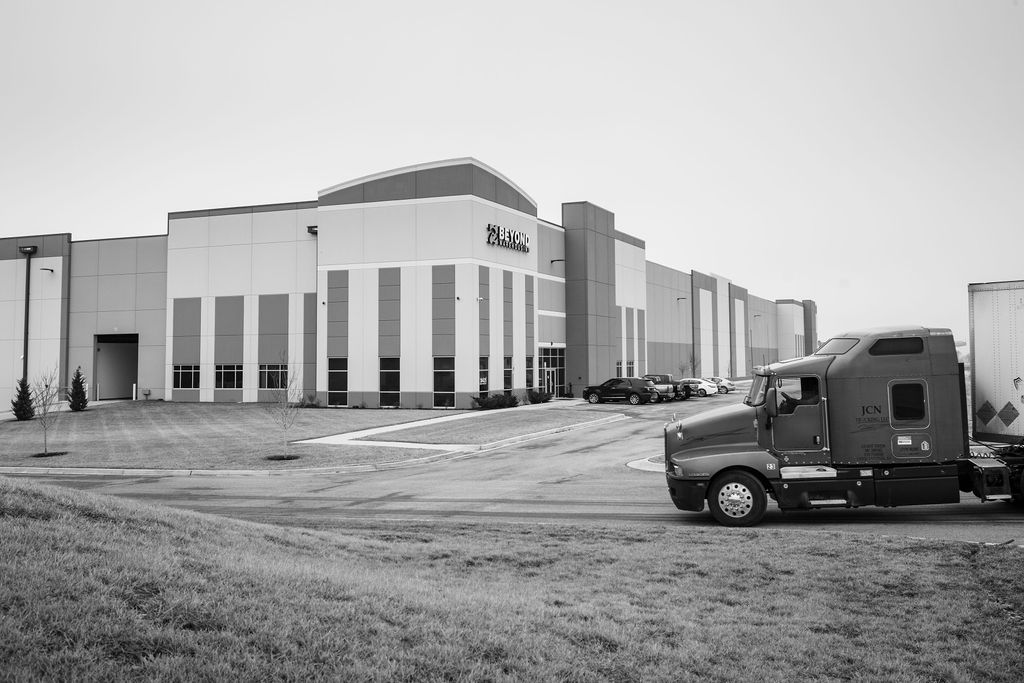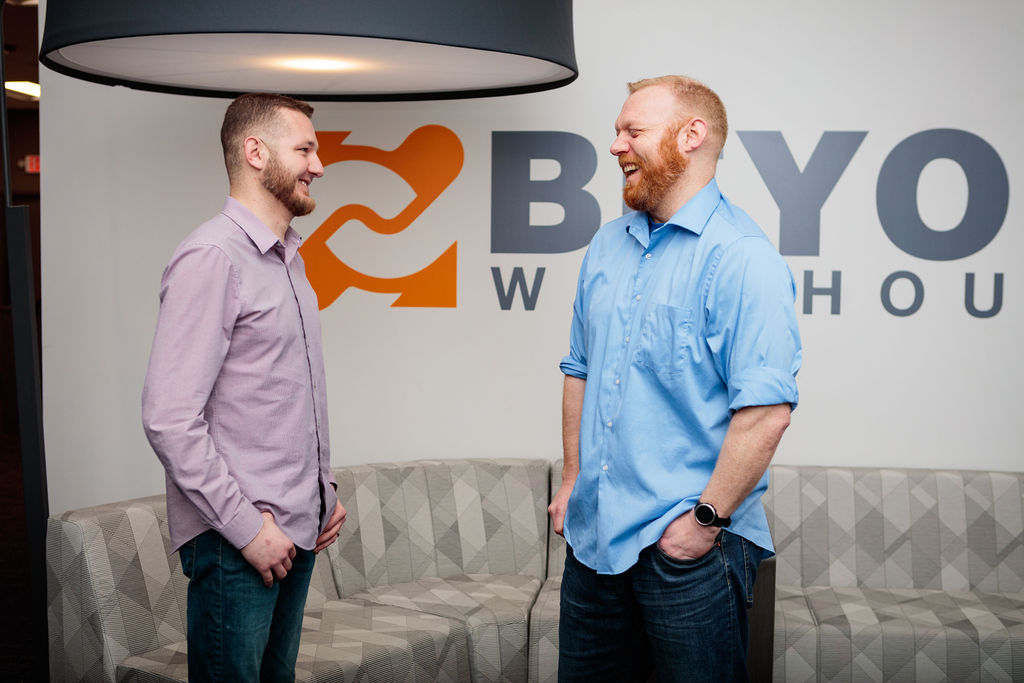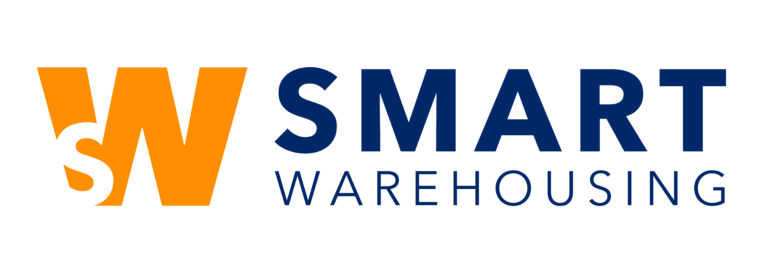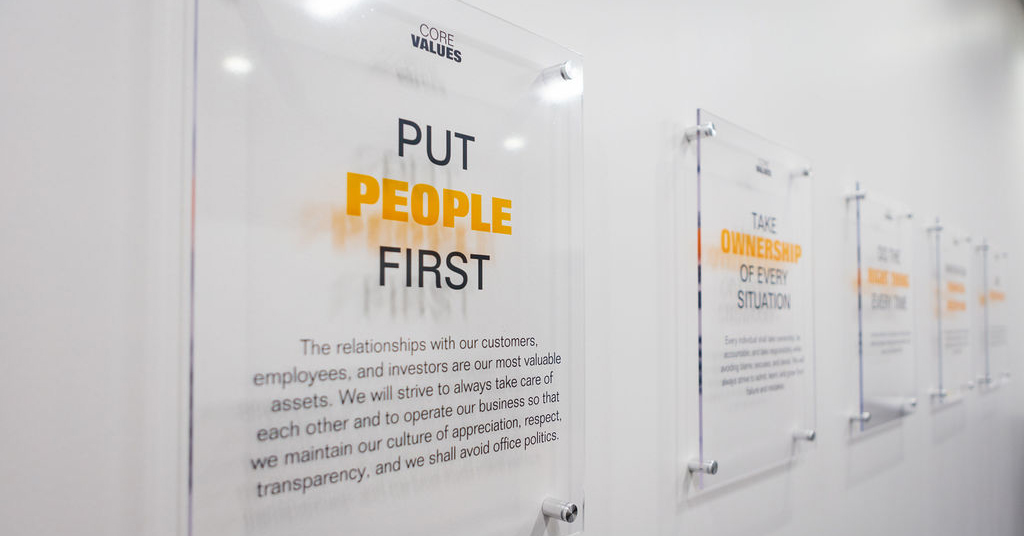The current state of the supply chain includes many challenges that are affecting 3PL provider-client relationships. These challenges include increased demand for logistics services, rising costs of raw materials, and disruptions in the supply chain caused by natural disasters and other unforeseen events. These disruptions have stirred up even the most solid and well-established partnerships.
Challenges Faced by 3PL Providers
One major disruption facing 3PL providers is the increasing demand for warehousing and logistics services. With many companies dealing with excess inventory and the significant growth of e-commerce, there is an overwhelming need for 3PL providers to manage warehousing and fulfillment at a time when warehouse vacancy rates are at historical lows.
The recent focus on supply chain unpredictability has led to an increase in businesses looking for long-term partnerships with 3PL providers. Companies are looking for partners that can offer a wide range of services, help them expand their operations, and mitigate risk.
Another challenge affecting 3PL providers is the rising costs of labor and materials. With the competition for warehouse labor and rising prices for essential supplies, many 3PL providers are struggling to keep up with the costs of running their operations. Consequently, they are having to increase rates for their clients. The resulting pressure on 3PL providers to cut costs can lead to lower-quality service, labor shortages, and increased dissatisfaction among clients.
Disruptions in the supply chain caused by natural disasters and other unforeseen events can negatively impact 3PL provider-client relationships. A major event like a hurricane or pandemic can disrupt the entire supply chain, making it difficult for 3PL providers to deliver goods and services on time. This can lead to delays, missed deadlines, and frustrated clients.

Strategies for Adapting to Supply Chain Disruptions
Third-party logistics (3PL) providers are adapting to current supply chain challenges in several ways to maintain relationships with their clients. These include:
Investing in Technology
3PL providers are investing in technology to improve logistics processes and increase efficiency. This includes using warehouse management systems, transportation management systems, robotics, and automation.
Offering More Services
3PL providers are expanding their service offerings to meet the diverse needs of their clients. This includes offering warehousing, transportation, inventory management services, and specialized services such as reverse logistics and cross-docking. However, expanding services can sometimes spread operations too thin and cause 3PLs to get into areas of supply chain they are not experts in.
Building Strategic Partnerships
3PL providers are building strategic partnerships with other companies to increase their capabilities and offer more comprehensive solutions to their clients. This includes working with suppliers, distributors, and other logistics providers to improve supply chain coordination and responsiveness.
Providing Customized Solutions
3PL providers are developing customized solutions to meet the specific needs of their clients. This includes working closely with clients to understand their unique requirements and developing tailored logistics solutions to meet those needs.
Improving Communication and Transparency
3PL providers are improving communication and transparency with their clients to keep them informed about the status of their orders and any potential delays or disruptions. They also provide real-time tracking and monitoring to give their clients visibility into the logistics process.
Creating Flexible Solutions
3PL providers are creating flexible solutions that adapt to changing supply chain conditions. This includes being able to reroute shipments or adjust delivery schedules to meet unexpected demand or disruptions in the supply chain.
The Impact of Supply Chain Disruption on Client Relationships
Rising costs for materials and labor have led to increased costs for warehousing and logistics services. 3PL providers can’t shield their clients from these economic shifts, which can create tension within the partnership.
According to the “2023 27th Annual Third-Party Logistics Study,” client satisfaction with their 3PL relationship has declined 7% from 2022. Increasing demand for logistics services during record-low warehouse vacancy rates created a shift in power dynamics between provider-client relationships. Effects of this shift, such as poor service levels and communication, could be responsible for part of the drop in client satisfaction.
The high demand for warehousing and logistics services has also resulted in many 3PL providers taking on more work than they can handle. Inevitably, crowded warehouses lead to inefficiencies, which can cause 3PL providers to fall short of client expectations.
Best Practices for Maintaining 3PL Provider-Client Relationships
Best practices for maintaining beneficial provider-client relationships include:
Communication and Transparency
3PL providers should be able to clearly communicate their processes, costs, and any potential issues to their clients. Clients, in turn, should be able to clearly communicate insights, forecasts, customer requirements, and expectations to their 3PL provider. This enables both parties to work together to achieve their goals and objectives.
Problem-Solving and Continuous Improvement
Both parties should regularly evaluate their processes to identify improvement areas and make necessary changes. Additionally, a framework for resolving disputes and addressing potential issues is necessary to maintain a mutually beneficial relationship.
Flexibility and Responsiveness
3PL providers should be able to adapt to changes in the supply chain and respond quickly to any issues that arise. They should also be able to customize and scale services based on client needs.
Onboarding and Service Level Agreements (SLAs)
Onboarding and SLAs play a significant role in setting expectations, establishing trust, and ensuring that both parties understand their responsibilities. A good onboarding process and clear SLAs can help to ensure that 3PL providers and clients are working together effectively and that client needs and expectations are being met.

Keys to Client Satisfaction: Adapting, Delivering Results, and Maintaining Relationships
Supply chain disruptions are inevitable, but 3PL providers can adapt to ensure client satisfaction by investing in technology, offering more services, building strategic partnerships, providing customized solutions, improving communication and transparency, and creating flexible solutions. In addition, maintaining client satisfaction through supply chain disruptions requires a strong foundation in delivering results and maintaining relationships.

Looking for a reliable 3PL provider to help navigate supply chain disruptions? Contact the Beyond Warehousing team today to learn how our advanced technology, strategic partnerships, and customized solutions can keep your business running smoothly.



